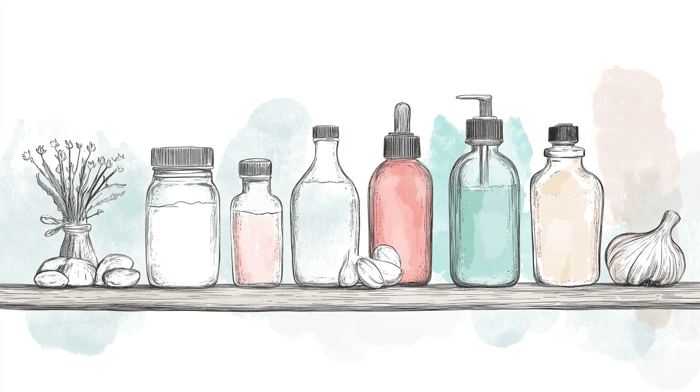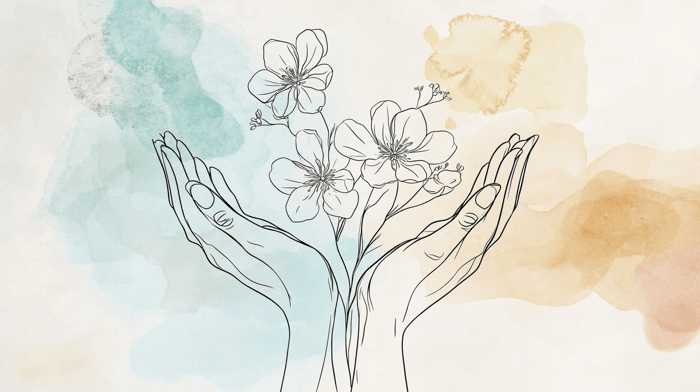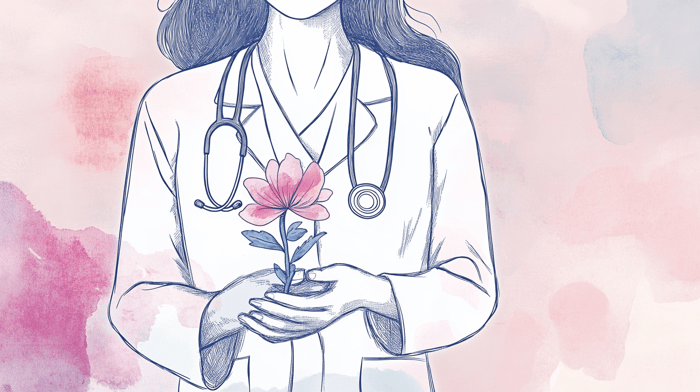Vaginal issues can be tricky because every vagina is unique. Each woman has her own set of bacteria, which means what works for one person may not work for another. It can be tough to know what to do when things go off-balance.
But don’t worry! In this article, we’ll share 6 alternative treatments that some women have tried with great success. And the best part? These treatments are affordable, so you can give them a try too.
#1. Antibiotics
Antibiotics are often prescribed for vaginal infections like bacterial vaginosis (BV) or yeast infections. Some women have had excellent results, while others report that their symptoms return after finishing the treatment.
If you’re considering antibiotics, it’s best to consult your doctor or OB/GYN. Keep in mind that antibiotics may not work for everyone.
#2. Probiotics
Like your gut, the vagina is home to both good and bad bacteria. The good bacteria, known as Lactobacillus, work hard to keep harmful microorganisms at bay.
If your Lactobacillus population declines, the bad bacteria can take over, leading to issues like odor, discharge, itching, and infections. Probiotics can help restore the balance by introducing more Lactobacillus into your system.
Probiotics come in the form of supplements, but make sure to consult your doctor before trying them, especially if you’ve been dealing with recurring issues.
#3. Yogurt
Yogurt is a natural probiotic that contains good bacteria, including Lactobacillus. Regularly eating plain, unflavored yogurt can help support your vaginal health by maintaining healthy bacteria levels.
However, yogurt alone may not be potent enough to treat more serious vaginal issues. It’s best to think of it as a supplement to your overall health rather than a cure-all.
Important: Do not apply yogurt directly to your vagina—it could make things worse!
#4. Garlic or Garlic Supplements
Garlic has natural antibacterial properties, and some studies suggest that garlic supplements may help treat bacterial infections. In a 2014 study, women with BV who took garlic supplements had similar results to those who took antibiotics, but with fewer side effects.
Always talk to your doctor before taking any supplements. And remember, never place garlic in or around your vagina, as it can cause irritation and other issues.
#5. Hydrogen Peroxide (Douching)
While douching with vinegar, hydrogen peroxide, or tea tree oil is often recommended on blogs, most OB/GYNs advise against it. Douching can actually make things worse by:
- Causing burns and irritation
- Increasing the risk of recurring BV
- Raising the chances of getting STDs
- For pregnant women, increasing the risk of preterm delivery
To avoid these risks, it’s best to steer clear of douching altogether.
#6. Boric Acid
Boric acid was initially used as an insecticide, but its medical properties were soon discovered. Today, it’s a go-to treatment for vaginal health, recommended by the CDC for severe, persistent, or recurring infections.
Medical-grade boric acid can be used as a suppository to restore the balance of good bacteria in the vagina and fight off infections like BV and yeast infections. Studies have shown that boric acid is highly effective when antibiotics fail.
If you’ve been struggling with vaginal issues for a while, boric acid might be the solution you need. FlowerPower’s boric acid suppositories are United States Pharmacopeia (USP) certified, meaning they’re 100% safe for vaginal use.
To read reviews from thousands of women using FlowerPower boric acid suppositories, click here.
Get your FlowerPower Boric Acid Saver Bundle here (Offer valid while stock lasts.)











